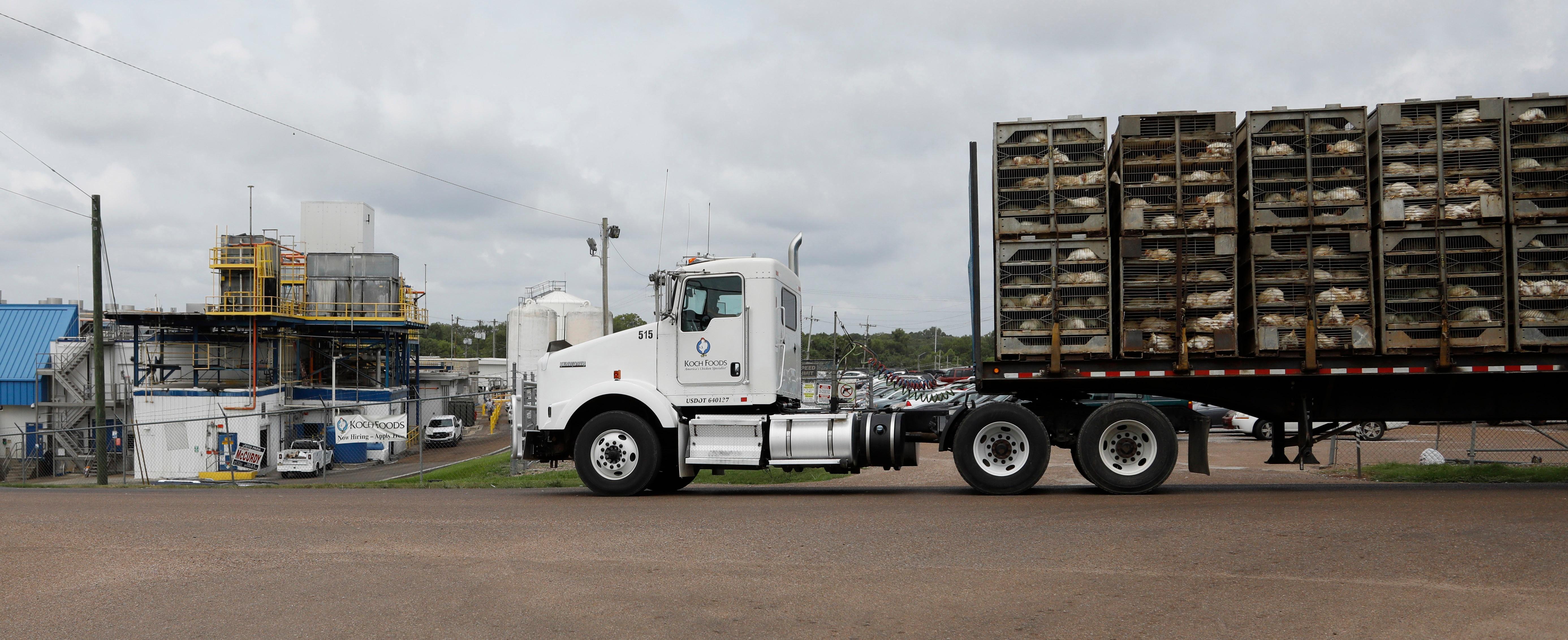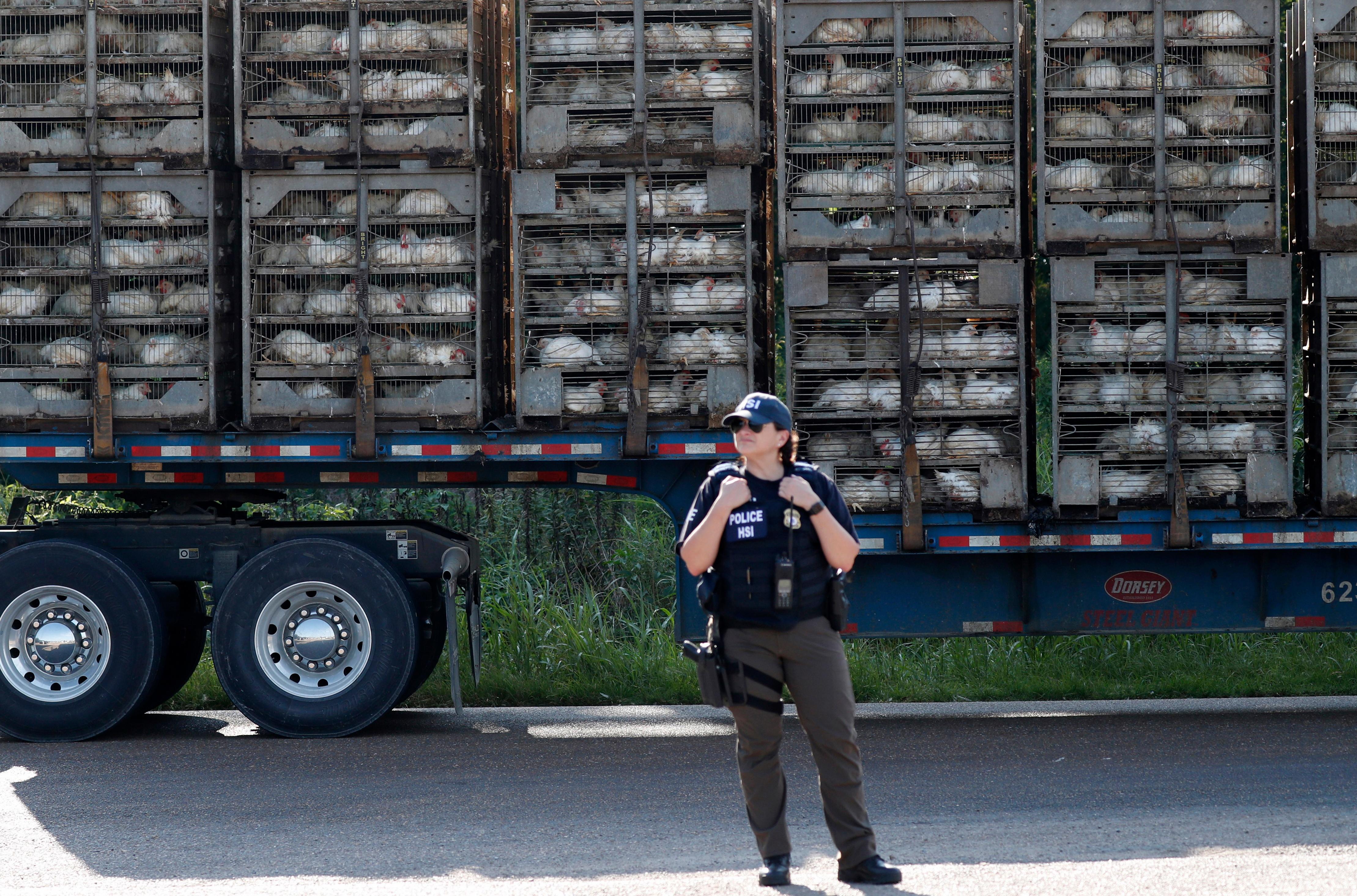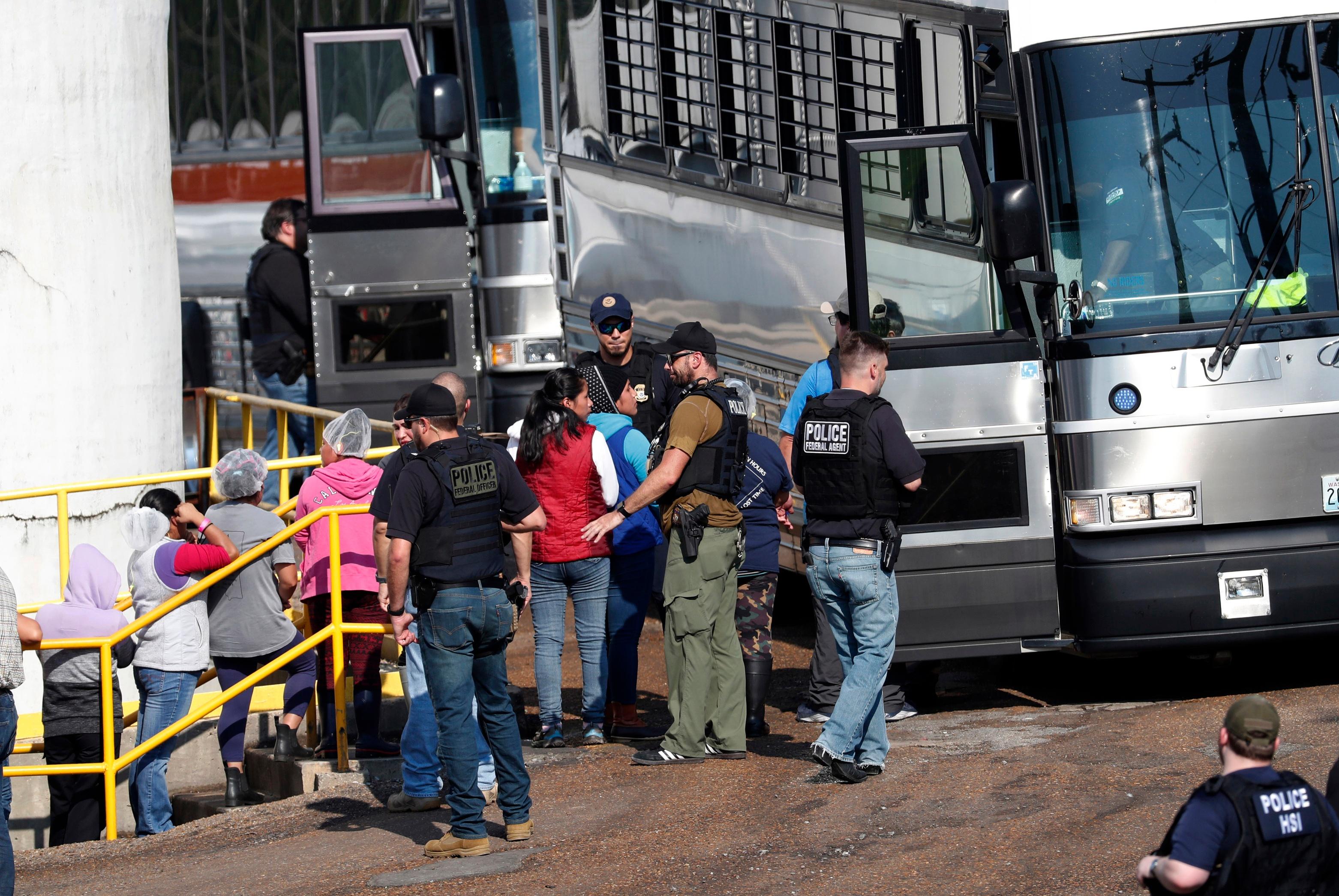When Duvan Tomas Perez died from a mechanical accident at the Hattiesburg plant, he was cleaning chicken processing equipment that federal and state labor laws prohibit him from handling as a minor.
Further, Mississippi law forbids minors from working in chicken or other meat processing plants whatsoever.
It's the third death from an equipment accident at the same plant in three years, and it raises questions regarding national labor laws regulating minors in the workplace. According to a study conducted by Columbia Law School, child labor law violations across the United States have increased by 283% since 2015.
The facility's owner, Mar-Jac poultry, said they were unaware of Perez’s real age when he was hired — but Perez's family is now demanding the United States Department of Labor investigate both the plant and his death.
“We want to state very clearly that Duvan's death was preventable, and it should never have happened. We must bring the Mar-Jac poultry plant owners to justice,” said Nadia Marin Molina, a worker rights program coordinator at the National Day Laborer Organizing Network.
“They cannot get away with continuing the abuse, which has been their pattern for so long. And they can't get away with shifting the blame to Duvan, to his family or to the agencies that work for them.”
The Department of Labor’s Wage and Hour division is currently investigating the plant for child labor law violations, in addition to a statement of interest probing Perez’s death announced by the Occupational Safety and Health Administration last Friday.
Indigenous identity
Perez and his family moved six years ago from the town of Huispache, part of the Guatamala’s northern highlands that nearly two-dozen indigenous Mayan communities call home.
For more than 60 years, the primarily indigenous residents of that region have migrated in large numbers to the United States to flee genocide, land evictions and most recently, prolonged droughts due to climate change.
Emil’ Keme, a K’iche’ Maya scholar, says that migration by these groups into the United States often carries with it an extra burden: Mmany arrive speaking neither English nor Spanish, but their native language instead.
Combined with workplace prejudice by non-indigenous Hispanic workers, those language barriers can often make the process of reporting abuses even more difficult.
“As we see in the case of Duvan, the discrimination within the workplace for being indigenous is profound. And so those are issues that we have to take into account and understand, and it’s imperative that we understand them from indigenous perspectives,” he said.





